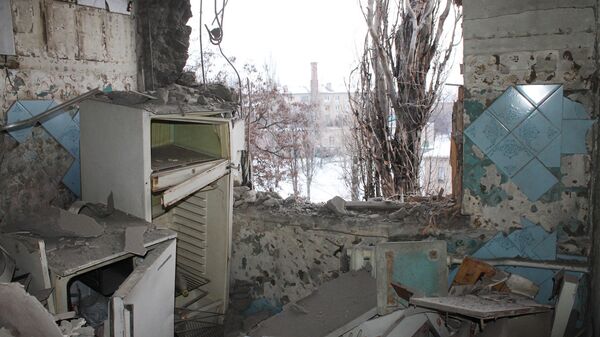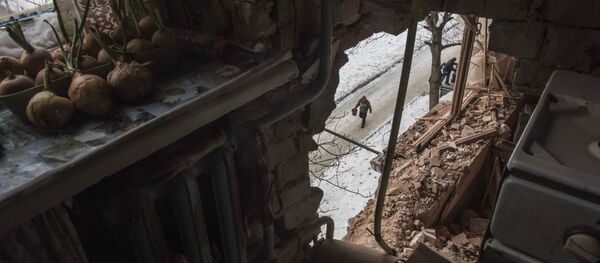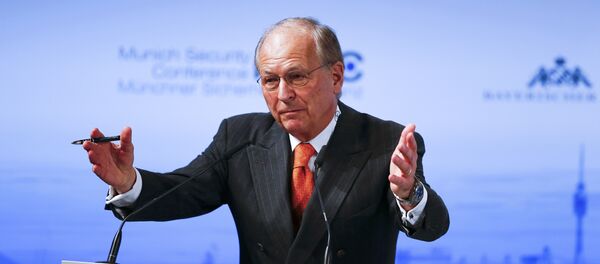"It is sobering to note that four years ago, Ukraine had no need of a humanitarian appeal. Yet today, 3.4 million Ukrainians need humanitarian assistance for their protection and survival, particularly in the eastern regions of Donetsk and Luhansk," UN Assistant Secretary-General and Deputy Emergency Relief Coordinator Ursula Mueller was quoted as saying at the conference.
Earlier in the day, the European Commission (EC) and the OCHA held a high-level conference in Brussels to raise awareness about the humanitarian consequences of the Donbas conflict. The EC pledged to allocate 24 million euros ($29.3 million) in humanitarian assistance.
Mueller noted that some 200,000 people lived under constant fear of shelling, while thousands of people crossing the line of contact (1 million crossings each month) "face delays and obstacles in accessing basic services, pensions, social benefits, and markets every day."
She also assessed the number of the elderly affected by the conflict in Ukraine as the highest in the world, stressing the need to address their plight.
Along with the casualties and sufferings, the conflict has inflicted severe damage on thousands of homes and hundreds of hospitals, schools, and water and electricity facilities.
EU Commissioner for Humanitarian Aid and Crisis Management Christos Stylianides characterized the support of those affected by the conflict as a priority for the EU, noting that the new aid package would provide essential assistance such as food, healthcare and education for children.
The conflict in Donbass started in 2014, when Ukrainian authorities launched a military operation against the self-proclaimed Donetsk and Luhansk people's republics that refused to recognize the new government in Kiev, which came to power after what they considered to be a coup.
In February 2015, the conflicting sides signed the Minsk peace accords to end the fighting in the region, but the situation has remained tense, with both parties accusing each other of ceasefire violations.




